Open call for the journal Aniki: The Natural World in the Cinema
Jul 27, 2023 | Uncategorized
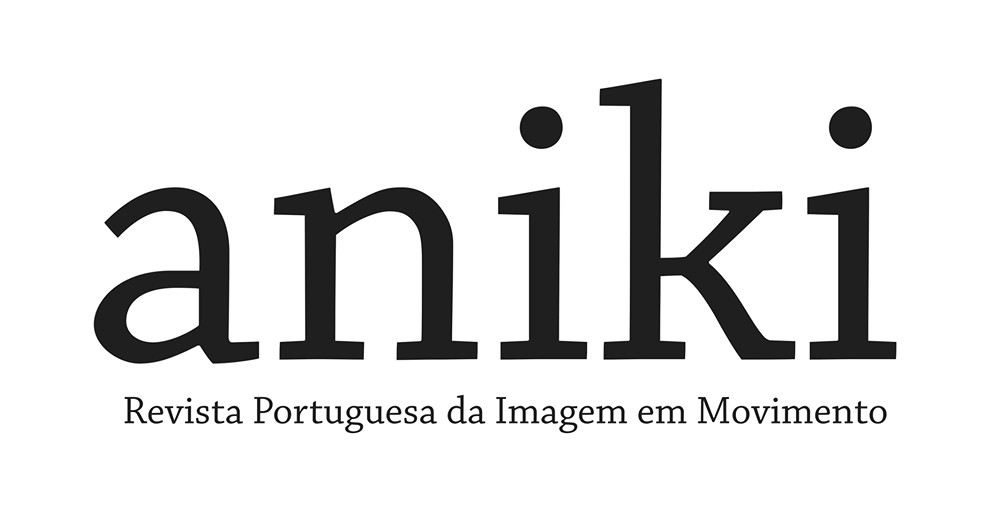
The Natural World in the Cinema
Deadline: 15 January 2024
This special section of Aniki aims to map the relationship between cinema and what we call ‘the natural world’, recognizing the human as a mediating element of this articulation, while responding and reacting to the tendency towards anthropocentrism that is found in both film production and the plurality of critical approaches canonized in the context of film studies. It will promote a broad discussion of this problem without any specific focus on a time period, geographical provenance or genre. We wish to explore the heterogeneity and rich configurations that the natural has obtained throughout the history of cinema, in fiction, documentary, and hybrid forms; in works that fit explicitly into the field of ecocriticism or that contain an ecological subtext that connotes an ecocinematic perspective.
On the one hand, this special section will explore the different ways in which cinema presents animals, plants, fungi, the elements, etc. On the other hand, it will look at the means by which cinema can question and transform these inhabitants and non-human elements of the planet, as well as the dynamics of power and influence that humans maintain with them. The breadth of the debate involves crossovers between more strictly philosophical or aesthetic issues and topics more directly associated with environmentalism and political activism.
With a foundation in the field of film studies, this special section will benefit from methods and epistemologies from other disciplinary areas, such as ecocriticism, philosophy, ecofeminism, queer studies, landscape and soundscape ecology, biology, botany, and geology, among others.
Papers may explore the following topics, among other:
– Documentary and nature film
– Poetics of contemplation
– The temporalities of film and the natural world
– Extinction and preservation
– Nature and film genres (cli-fi, eco-horror, disaster film, slow cinema, etc.)
– Anthropocentrism and non-human and more-than-human point of views
– Metamorphoses of the natural
– Nature and soundscapes
– Cinema and environmental politics
– Activist moving-image practices
– Experimental cinema and video-art.
This special section is guest-edited by José Bértolo (IELT — NOVA FCSH, Portugal), Maile Colbert (IFILNOVA — NOVA FCSH, Portugal), and Susana Mouzinho (IFILNOVA — NOVA FCSH, Portugal).
José Bértolo is a postdoctoral research fellow at IELT (NOVA FCSH) and an invited professor at ESAD-CR. He is a co-PI of the FCT-funded project “Spectrality: Literature and the Arts (Portugal and Brasil)”. He completed his PhD in Comparative Studies (2019) at the University of Lisbon. He was a member of Centre for Comparative Studies (CEComp) of the University of Lisbon between 2013 and 2020, and a visiting researcher at Université Sorbonne Nouvelle – Paris 3, in 2019. His main areas of research and publication are film studies, intermediality and photography. He is the author of three essay books: Imagens em Fuga: Os Fantasmas de François Truffaut (2016), Sobreimpressões: Leituras de Filmes (2019) and Espectros do Cinema: Manoel de Oliveira e João Pedro Rodrigues (2020). He co-edited three collected volumes. He coordinates the “Ecocinemas” Workgroup of the Portuguese Association of Moving Image Researchers (AIM). He is also a photographer: https://www.josebertolo.com.
Maile Costa Colbert is an intermedia artist, researcher, and educator with a focus on time-based media. She was a PhD Research Fellow in Artistic Studies with a concentration on sound studies, cinematic sound design, and its relationship with soundscape ecology at the Universidade Nova de Lisboa, Faculdade de Ciências Sociais e Humanas (NOVA FCSH), through the Fundação para a Ciência e a Tecnologia (FCT), and a visiting lecturer at the Faculdade de Belas Artes da Universidade do Porto and Universidade da Maia. Her current practice and research project is titled, Wayback Sound Machine: Sound through time, space, and place (http://www.mailecolbert.com/proj-wayback.html), and asks what we might gather from sounding the past. She is a collaborator with the art organization Binaural, where she is the Digital Archive Curator, and is a member of CineLab, IFILNOVA’s research lab for cinema and philosophy, and an editor and author at Sonic Field (http://sonicfield.org/author/mailecolbert/). She has exhibited, screened, and performed globally.
Susana Mouzinho is a PhD candidate in the Artistic Studies Doctoral program at NOVA FCSH, FCT fellow and associate member of CineLab – IFILNOVA. MA in Arts and Communication with a thesis on the concept of the analog and contemporary artists’ films. Invited professor of film and photography at IADE – European University. Artist, contributor and editor at contemporary art magazine Wrong Wrong. She has presented work at the National Museum of Contemporary Art (MNAC), Fuso Festival, Oliva Art Centre, Museum of Neorealism, Culturgest, among others.
The deadline for submitting original and complete articles is 15 January 2024.
All submissions received within the deadline will undergo a selection process (by the editors), followed by blind peer review (by external reviewers). The texts should not be longer than 8 000 words, and must include, in English and Portuguese (and also Spanish, if that is the language used): a title, an abstract of up to 300 words and a maximum of 6 keywords.
Before submitting your complete article, please read the full instructions here.
For any queries, please contact: aniki@aim.org.pt
News
-
 Statement from the team of the project FILMASPORA
Statement from the team of the project FILMASPORA -
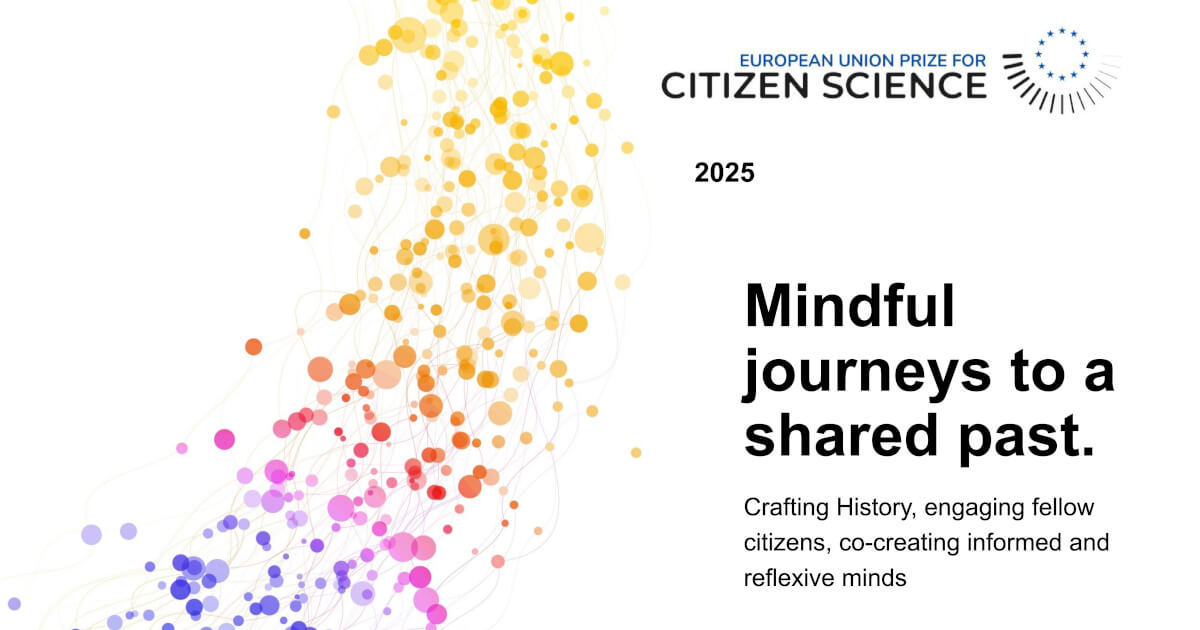 VINCULUM's application received an Honourable Mention in the European Union Prize for Citizen Science 2025
VINCULUM's application received an Honourable Mention in the European Union Prize for Citizen Science 2025 -
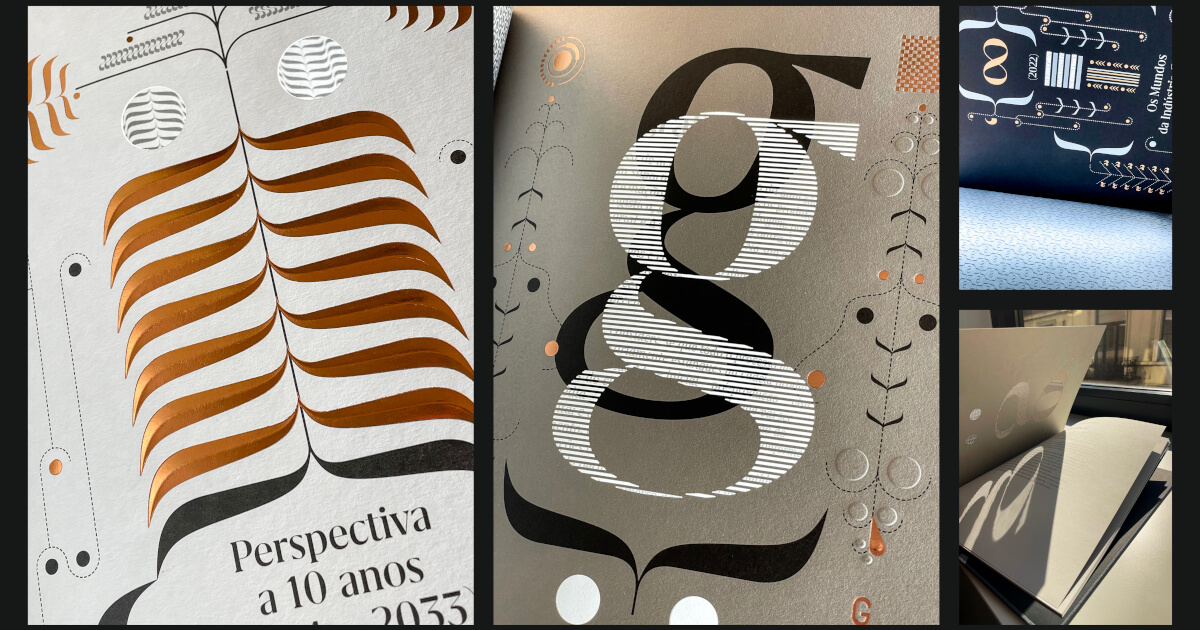 The book on the history of the national printing industry was the Gold Winner in the Editorial Design —...
The book on the history of the national printing industry was the Gold Winner in the Editorial Design —... -
 The paper by Quintino Lopes, Francisco de Lacerda, and Ana Simões, was the 2025 winner.
The paper by Quintino Lopes, Francisco de Lacerda, and Ana Simões, was the 2025 winner. -
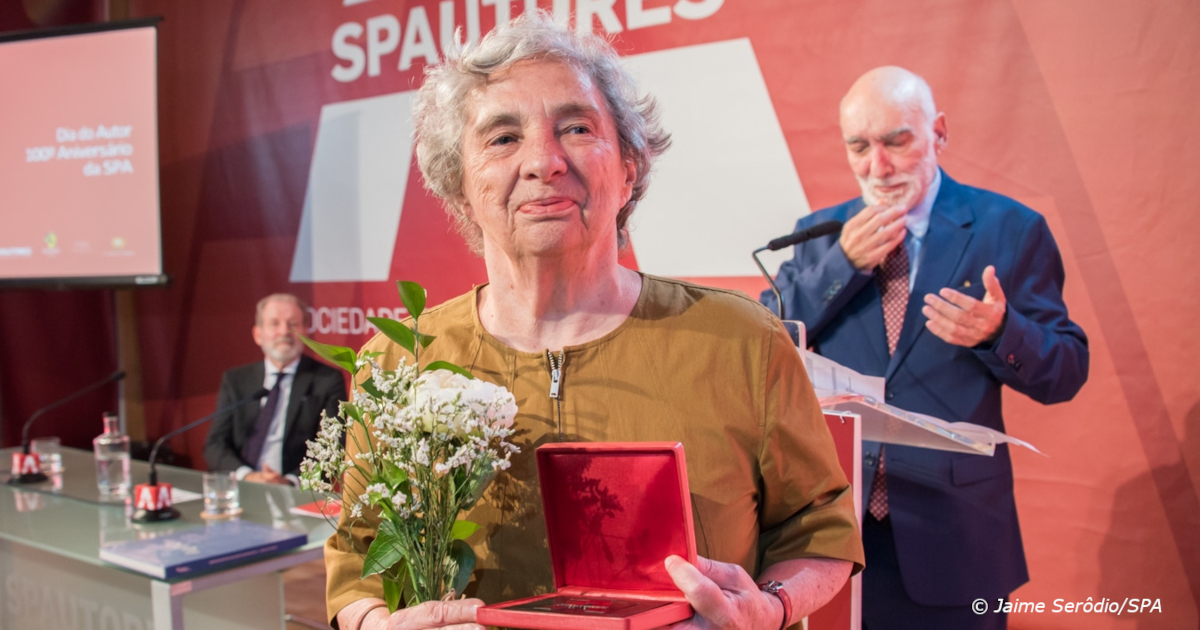 Irene Flunser Pimentel was one of the personalities honoured ‘for her outstanding contribution to culture’.
Irene Flunser Pimentel was one of the personalities honoured ‘for her outstanding contribution to culture’. -
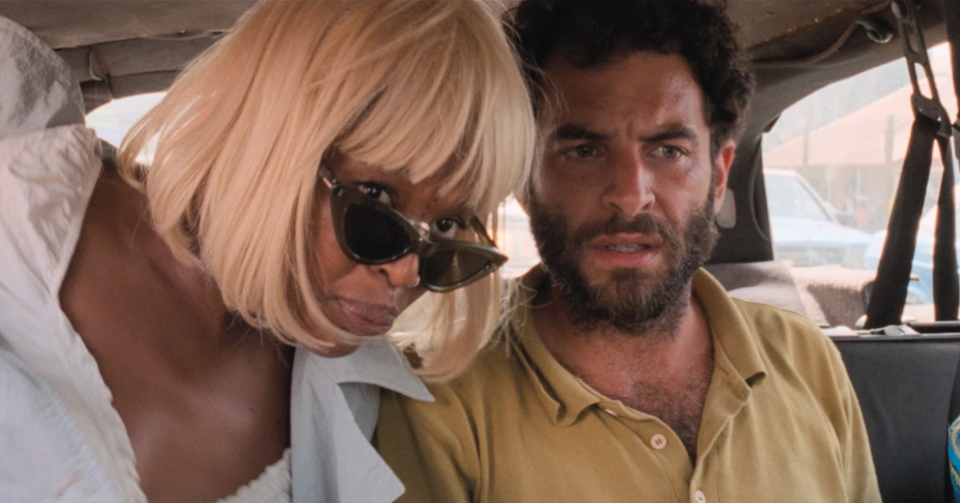 Miguel Carmo and José Filipe Costa worked on the film ‘I Only Rest in the Storm’
Miguel Carmo and José Filipe Costa worked on the film ‘I Only Rest in the Storm’ -
 ‘Angola: Saberes em movimento’ at the Frei Manuel do Cenáculo National Museum
‘Angola: Saberes em movimento’ at the Frei Manuel do Cenáculo National Museum -
 The PhD thesis was awarded the Francisco Canais Rocha Prize for studies on the labour movement
The PhD thesis was awarded the Francisco Canais Rocha Prize for studies on the labour movement -
 Catarina Laranjeiro and Inês Vieira Gomes are the curators of the exhibition
Catarina Laranjeiro and Inês Vieira Gomes are the curators of the exhibition -
 The first fiction feature by José Filipe Costa will be premiered in Portugal at the Indie Lisboa
The first fiction feature by José Filipe Costa will be premiered in Portugal at the Indie Lisboa -
 'Before Being Independence, It Was a Struggle For Liberation' recently opened
'Before Being Independence, It Was a Struggle For Liberation' recently opened -
 Civil Society Forum on Combating Antisemitism and Fostering Jewish Life
Civil Society Forum on Combating Antisemitism and Fostering Jewish Life -
 Joana Dias Pereira is a member of IFPH's Steering Committee
Joana Dias Pereira is a member of IFPH's Steering Committee -
 SMS — Shared Memories of Solidarity was selected for funding by the FCT
SMS — Shared Memories of Solidarity was selected for funding by the FCT -
 Community on the Zenodo platform, EU Open Research Repository, and a set of books on OAPEN
Community on the Zenodo platform, EU Open Research Repository, and a set of books on OAPEN -
 Collaborative museology with Kanawayuri Marcello Kamaiurá and Auakamu Kamayurá
Collaborative museology with Kanawayuri Marcello Kamaiurá and Auakamu Kamayurá -
 Eça de Queirós in Egypt and the Opening of the Suez Canal
Eça de Queirós in Egypt and the Opening of the Suez Canal -
 Conference and exhibition at the Santos Rocha Municipal Museum, Figueira da Foz
Conference and exhibition at the Santos Rocha Municipal Museum, Figueira da Foz -
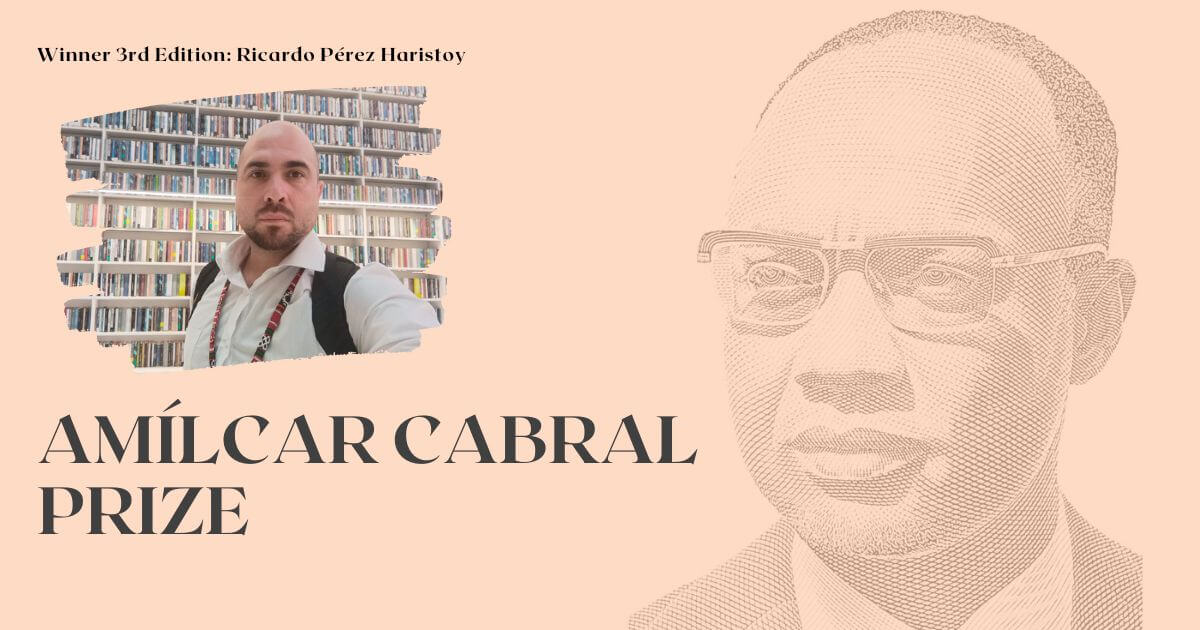 The winner of the Amílcar Cabral Prize will be in Lisbon next week
The winner of the Amílcar Cabral Prize will be in Lisbon next week
Search
Opportunities
Marie Skłodowska-Curie Postdoctoral Fellowships
Deadline (IHC): 1 June 2025
News
Statement about the demolitions in the Bairro de Santa Filomena
Jul 3, 2025
Statement from the team of the project FILMASPORA
VINCULUM recognised with European Union Prize for Citizen Science
Jun 20, 2025
VINCULUM’s application received an Honourable Mention in the European Union Prize for Citizen Science 2025
IHC-APIGRAF book receives editorial design award
Jun 16, 2025
The book on the history of the national printing industry was the Gold Winner in the Editorial Design — Book category.
CONTACTS
WORKING HOURS




